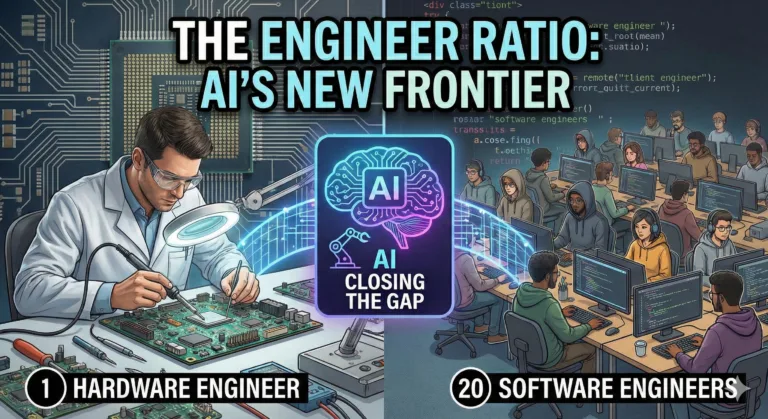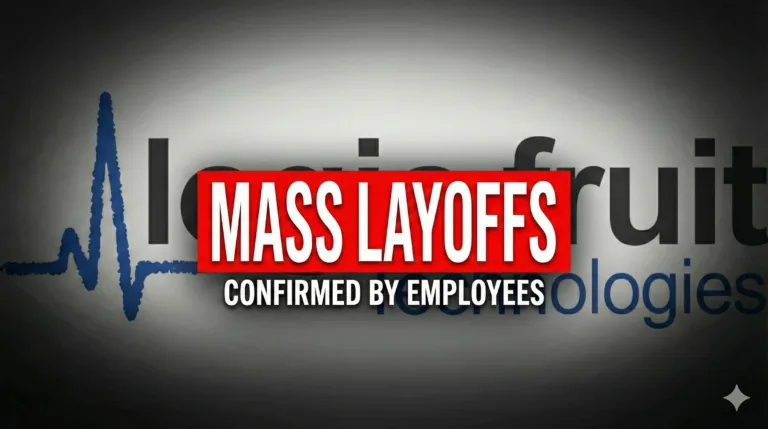Key Insights
- FPGA engineering careers are booming, especially in high-frequency trading, AI acceleration, and defense, with salaries often exceeding $120,000 for entry-level roles.
- A PhD in hardware acceleration opens doors to cutting-edge research, leadership, and innovation, but requires a multi-year commitment in academia.
- Choosing between industry and academia depends on your long-term goals: rapid financial growth and practical skills vs. deep technical mastery and breakthrough opportunities.
Surprising fact: In 2025, demand for FPGA engineers in sectors like AI, defense, and finance has outpaced supply, making it one of the most competitive hardware specializations globally. Yet, the question remains: Should aspiring engineers jump into high-paying quant roles, or invest in a PhD to become technical visionaries in hardware acceleration?
FPGA Engineering Careers: Salary, Skills, and Market Demand
FPGA (Field Programmable Gate Array) engineers are shaping the future of AI acceleration, high-frequency trading, and robust defense systems. According to industry reports, entry-level FPGA engineers in the U.S. now start at approximately $123,925 per year, with senior roles in defense and finance reaching up to $200,000 annually. The competitive edge comes from their ability to design custom hardware that delivers ultra-low latency and high reliability—a critical advantage for quant trading firms and military applications.
Key technical skills include:
- Advanced VHDL/Verilog coding and timing closure
- AI/ML acceleration, high-level synthesis (HLS)
- System-level hardware integration, debugging, and verification
- Experience with leading FPGA vendor tools and IPs
FPGA engineers often work in multidisciplinary teams, collaborating with traders, software developers, and infrastructure experts to drive innovation in trading systems and AI platforms . The profession is relatively recession-resistant and offers robust career progression, from technical individual contributor to management and principal architect roles.
You Would Love To Read :Why Most FPGA Engineers Are Over 30: Inside a Niche Tech Career
PhD in Hardware Acceleration: Deep Technical Growth and Research Leadership
Pursuing a PhD in hardware acceleration—especially focused on FPGAs for AI—can be transformative for those seeking to become technical leaders and innovators. Top-tier universities offer research opportunities in domain-specific architectures, edge computing, and next-gen AI hardware, providing access to bleeding-edge infrastructure and mentorship.
Benefits of the PhD path include:
- Freedom to explore diverse technical interests—networking, algorithms, systems infrastructure
- Skills in research, technical writing, presenting, and mentoring
- Opportunities to collaborate with industry leaders and shape future technologies
A PhD enables engineers to master complex intersections of hardware and algorithms, often leading to senior roles in industry or academia, and sometimes even launching breakthrough startups. However, the commitment is significant: four or more years in academia, with the risk of burnout and variable experiences depending on supervisor and research group culture.
Industry vs. Academia: Practical Impact, Innovation, and Career Flexibility
The choice between joining a quant firm and pursuing a PhD hinges on personal priorities:
| Path | Pros | Cons |
|---|---|---|
| FPGA Engineering (Quant/Industry) | High salary, rapid skill acquisition, exposure to massive infrastructure, strong resume for future roles | Potential for limited impact, industry constraints, possible lack of deep research freedom |
| PhD (Hardware Acceleration/AI) | Deep technical mastery, research leadership, broad career options, chance to shape future tech | 4+ years commitment, variable supervisor support, risk of academic burnout |
Emerging trends, such as AI inference acceleration and edge computing, are expanding the scope and impact of both career tracks. Professionals with domain-specific expertise—whether gained in industry or academia—are exceptionally well-positioned for leadership roles in the rapidly evolving hardware landscape.
For those seeking immediate financial security, industry roles offer unmatched compensation and infrastructure exposure. For aspiring innovators and future CTOs, a PhD can be a launchpad for deep technical growth and transformative impact. Continuous learning, networking, and strategic career planning are essential, regardless of the chosen path.
Here’s a ready-to-paste section for your article, enhancing your coverage with practical, community-driven insights, clear comparisons, and actionable advice.
FPGA Careers: Industry or Academia? Insights from the Field
Well having stated and discussed both the options , if you are still facing a dilemma .Here’s what professionals, academics, and the FPGA community suggest:
Real-World Advice
- Start in Industry, Pivot Later:
Many recommend beginning with an industry position for financial security and rapid skill acquisition. Years spent in quant or defense firms give access to advanced infrastructure and significant savings. If you seek deeper technical mastery or research opportunities, you can reconsider a PhD later with greater clarity and resources. - PhD for Deep Specialization:
A PhD offers the freedom to explore novel hardware architectures and contribute to emerging fields like AI acceleration and edge computing. Your experience strongly depends on the research group’s culture and supervisor; invest time in interviewing mentors and learning about lab environments before committing. - Mentorship Matters:
“Don’t pursue a PhD just for prestige. Go for it if you want to tackle hard technical problems with strong guidance and a healthy group culture. Toxic labs are the biggest risk.”
At the end I will only say.
Your career path isn’t set in stone. Industry and academia offer unique benefits—focus on mentorship, hands-on projects, and community engagement to maximize success in any direction.
Discover more from WireUnwired Research
Subscribe to get the latest posts sent to your email.




